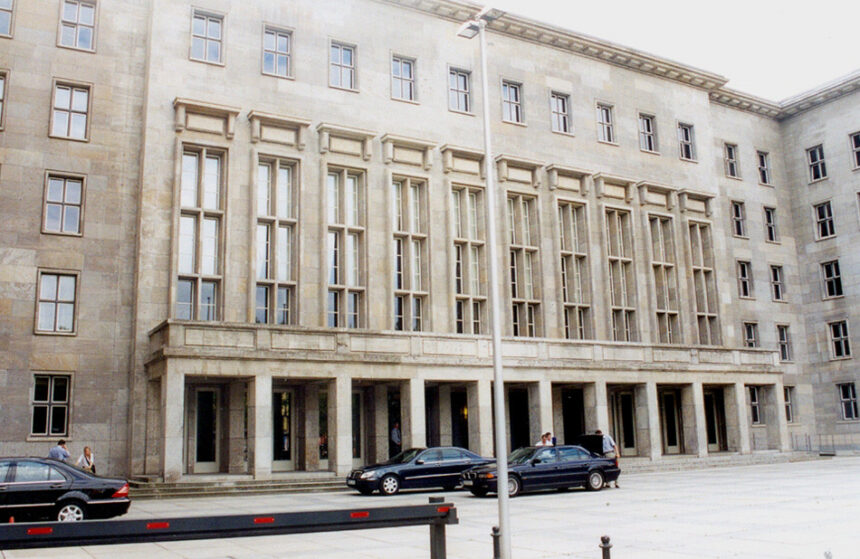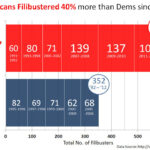Brazil’s Government is planning to increase its collaboration with the Central Bank to address regulatory issues surrounding cryptocurrency, meal vouchers and other digital currencies.
Gabriel Galipolo, the newly appointed central bank chief, is expected to lead this initiative next year.
The government and the central bank should align their efforts in order to address challenges posed by regulatory issues.
Brazil Central Bank: New Leadership
Gabriel Galipolo, the new head of central banking appointed by President Luiz inacio Lula Da Silva to take over from January 1, has been named.
Galipolo’s aggressive monetary approach includes the willingness to increase interest rates. This differs from Lula’s call for lower borrowing cost.
Both parties, however, are working to improve their collaboration on matters of regulation to ease tensions that previously existed between the Finance Ministry and the Central Bank.
Discussions between the Finance Ministry (Finance Ministry) and Central Bank have been a challenge in recent years. This is especially true when it comes to the regulation of cryptocurrency assets, and listing Brazilian public debts on international trading platforms.
As a result of the autonomy granted to central banks by 2021’s statute, they have sometimes withdrawn from discussions on policy, which has complicated cooperative efforts.
Under Galipolo, officials from the Finance Ministry have recognized the need to improve their collaboration and reset the dynamics of their relationships.
Crypto regulatory clarity is the focus
Even though the legal framework is evolving, there are still concerns about how the central banks regulate crypto assets.
The Finance Ministry has been unable to effectively regulate online gambling and cryptocurrency platforms because of its disjointed strategy.
The central bank is expected to adopt its crypto regulation proposal by the end the year. Regulatory clarity and coordination are crucial for addressing the emerging challenges within the digital assets space.
Addressing market competition in meal vouchers
The government is also tackling long-standing problems related to the increasing competition within the lucrative sector of meal vouchers, which has a value of 150 billion reais (approximately $26.5 billion).
As Mercado Libre has shown an interest in this segment of the market, it highlights the need to streamline regulations that will foster competition and innovation.
Gabriel Galipolo, the new head of Brazil’s central bank, is a possible shift in policymaking towards a more cohesive approach and greater clarity on regulatory issues. This could be a positive step for sectors like cryptocurrencies or meal vouchers.
Post Brazil wants to smooth out cooperation with the new leadership of central banks on crypto regulation may be updated as more information becomes available






